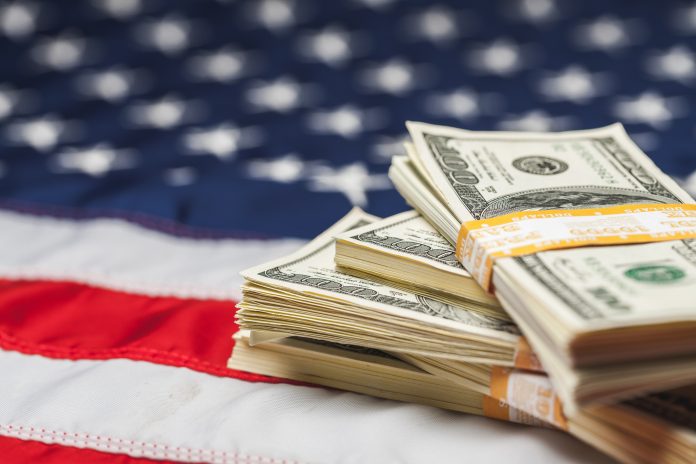(The Center Square) – President Joe Biden’s controversial nominee for Comptroller of the Currency has withdrawn her candidacy over concerns about her ties to socialist policies and allegations she joined an online Marxist Facebook group.
In statements posted to the White House website, Saule Omarova, a Cornell Law professor, said it was “no longer tenable” for her to continue pursuing the position and Biden acknowledged accepting her withdrawal.
“As a strong advocate for consumers and a staunch defender of the safety and soundness of our financial system, Saule would have brought invaluable insight and perspective to our important work on behalf of the American people,” Biden said. “But unfortunately, from the very beginning of her nomination, Saule was subjected to inappropriate personal attacks that were far beyond the pale.”
Omarova has openly suggested that her goal to reach climate change objectives includes bankrupting small oil and gas operators.
Earlier this year, during a Jain Family Institute’s Social Wealth Seminar, Omarova said, “a lot of the smaller players in the oil and gas and coal industry will probably go bankrupt in the short order, or at least we want them to go bankrupt if we want to tackle climate change.”
The oil and gas industry provides the majority of U.S. energy supply and contributes more in taxes and jobs than any other industry in the private sector.
Banking associations also raised “serious concerns” over Omarova because of a 71-page paper she wrote, which was published by the Vanderbilt Law Review. In it, she proposed remaking the U.S. financial system, including abolishing private bank accounts to set up a system of only government-controlled bank accounts.
The Comptroller of the Currency oversees banking regulations in the U.S.
In her paper, Omarova proposed “replacing commercial bank reserve accounts with universally available deposit accounts” to “allow all U.S. citizens and law-abiding citizens and lawful residents, local governments, nonbanking first and nonbusiness entities to open transactional accounts directly with the Federal Reserve, thus bypassing private depository institutions.”
Her plan also would transition all commercial bank deposits to the Federal Reserve, which would then have the authority to take the money out of Americans’ accounts if its monetary policy fails.
The American Bankers Association, which represents the nation’s largest banks, argued her proposal would “undermine the valuable role community banks play in their communities.”
ABA President and CEO Rob Nichols said, “Her proposals to effectively nationalize America’s community banks, end regulatory tailoring based on risk and eliminate the dual banking system are particularly troubling.”
As of the second quarter of 2021, there were 4,791 community banks that are state chartered in all 50 states, Bankingstrategist.com reports, representing 97% of all banks.
Roughly half, 2,371, are headquartered in smaller, rural counties with populations of less than 50,000.
During a U.S. Senate Banking Committee hearing last month, ranking GOP member, U.S. Sen. Pat Toomey, R-Pennsylvania, said Omarova’s ideas would “devastate” community banks.
“Taken in their totality, her ideas amount to a socialist manifesto for American financial services,” he said.
At the same hearing, Omarova, with Soviet-era roots including studying at Moscow State University on the V.I. Lenin Personal Academic Scholarship, said she did not remember joining the Facebook group and that her family suffered significantly under communism.











